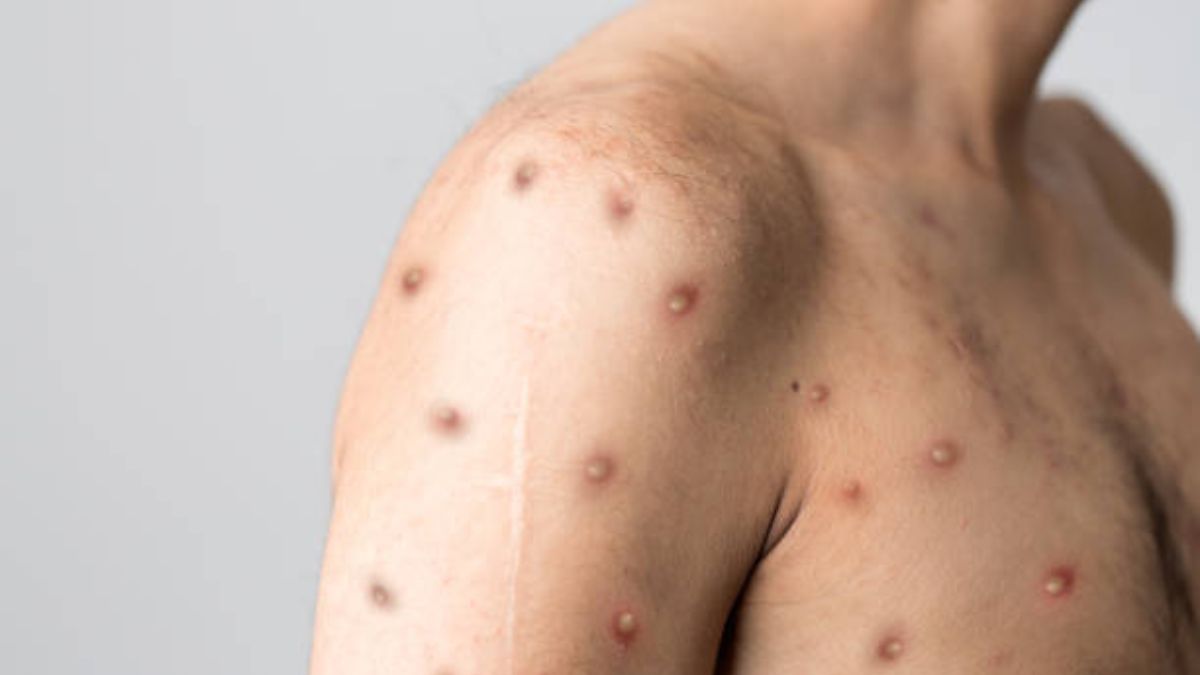In response to a growing global health threat of mpox, previously known as monkeypox, Egypt has stepped up its precautionary measures at all air, sea, and land ports after the World Health Organization (WHO) declared it a public health emergency of international concern (PHEIC).
This move follows a significant upsurge of the virus in the Democratic Republic of the Congo (DRC) and its spread to other African nations.
Minister of Health and Population Khaled Abdel-Ghaffar assured the public on Thursday, 22 August, that Egypt has maintained “a zero-case status for the mpox virus.”
Intensified Health Protocols
On 15 August, Egypt implemented rigorous health protocols at all entry points, including airports, seaports, and land crossings. These measures are part of a broader national effort to prevent the virus’s introduction into Egypt.
Preventative measures include the implementation of strict screening protocols for travelers arriving from afflicted areas, distribution of guidelines to healthcare facilities nationwide, providing information on mpox prevention, treatment, and symptoms, ensuring adequate stocks of vaccines are available, and raising awareness on the virus and its transmission.
Abdel-Ghaffar provided an update on these efforts during a cabinet meeting on Thursday, detailing the government’s ongoing monitoring activities. The health minister highlighted the comprehensive preventive system, focusing on preparedness, prevention, early detection, and immediate response to health threats.
This system also includes monitoring food and water safety, environmental surveillance, and managing hazardous waste — efforts aimed at building a resilient health system capable of safeguarding public health.
Global and Regional Spread
As of 14 August 2024, the global tally of mpox cases surpassed 99,500, with 207 reported fatalities, according to Abdel-Ghaffar.
The virus’ spread has been particularly concerning in Africa, with a notable geographical expansion in July and August 2024.
Africa has recorded 3,101 confirmed and 15,636 suspected cases, with 541 deaths, according to a statement by the Africa Centres for Disease Control and Prevention (CDC) on 17 August. The DRC remains the hardest-hit country, reporting 1,005 cases and 24 deaths in one week, primarily linked to the newly detected Clade 1b strain.
Understanding Mpox
Mpox is a viral disease caused by the monkeypox virus, which belongs to the Orthopoxvirus genus.
The virus was first discovered in humans in 1970 in the DRC. The disease has two distinct genetic clades, Clade I, and Clade II, which vary in geographic distribution, severity, and transmission characteristics.
The WHO initially declared mpox a PHEIC in July 2022 following a multi-country outbreak that rapidly spread, particularly through sexual contact, in regions previously unaffected by the virus.
Mpox primarily spreads through close contact, including direct interaction with skin rashes, contaminated clothing or bedding, or respiratory droplets from an infected person.
The virus can cause painful rashes and blisters, particularly on the palms, and may lead to severe illness or death in some cases.
How to Protect Yourself
As mpox continues to pose a global health threat, individuals can take several steps to protect themselves.
Practice Good Hygiene
Wash your hands regularly with soap and water, especially after contact with potentially contaminated surfaces, animals, or people.
Avoid Close Contact
Refrain from close contact with individuals who show symptoms of mpox, such as rashes or blisters. This includes avoiding direct skin-to-skin contact, as well as sharing bedding, clothing, or towels.
Use Personal Protective Equipment
If caring for someone with mpox, wear protective clothing, gloves, and masks to reduce the risk of transmission.
Maintain Social Distance
In areas with reported mpox cases, practice social distancing, especially in crowded or enclosed spaces where respiratory droplets may spread.
Stay Informed
Follow updates from reliable sources like the WHO and national health authorities. Be aware of any travel advisories and adhere to recommended health protocols.
Seek Medical Attention
If you experience symptoms such as fever, chills, body aches, or a rash, especially after traveling to affected areas, seek medical attention immediately.







Comments (0)